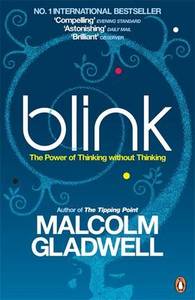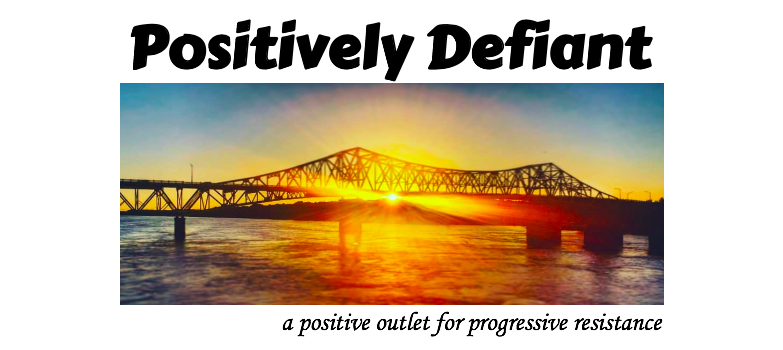
Blink: The Power of Thinking without Thinking by Malcolm Gladwell (2007)
Recommendation: High
Blurb:
Drawing on cutting-edge neuroscience and psychology and displaying all of the brilliance that made The Tipping Point a classic, Blink changes the way you’ll understand every decision you make. Never again will you think about thinking the same way.
Malcolm Gladwell redefined how we understand the world around us. Now, in Blink, he revolutionizes the way we understand the world within. Blink is a book about how we think without thinking, about choices that seem to be made in an instant – in the blink of an eye – that actually aren’t as simple as they seem. Why are some people brilliant decision makers, while others are consistently inept? Why do some people follow their instincts and win, while others end up stumbling into error? How do our brains really work – in the office, in the classroom, in the kitchen, and in the bedroom? And why are the best decisions often those that are impossible to explain to others?
In Blink we meet the psychologist who has learned to predict whether a marriage will last, based on a few minutes of observing a couple; the tennis coach who knows when a player will double-fault before the racket even makes contact with the ball; the antiquities experts who recognize a fake at a glance. Here, too, are great failures of “blink”: the election of Warren Harding; “New Coke”; and the shooting of Amadou Diallo by police. Blink reveals that great decision makers aren’t those who process the most information or spend the most time deliberating, but those who have perfected the art of “thin-slicing” – filtering the very few factors that matter from an overwhelming number of variables.
Bo’s Review:
Understanding is more important than knowledge.
This is a fascinating study of how we make snap judgments.
It’s amazing how this seeps into many parts of our lives – and has positive and negative impacts on our lives. Quick judgments in the field, in stressful situations – whether policeman chasing criminals, or generals in battle. Or the way we read people’s faces. The way we “know” if something is good or bad just by looking at it.
The discussion about how we show emotions on our face was compelling – our face can drive our emotions as much as emotions can drive what people see on our face.
“The face is not a secondary billboard for our internal feelings. It is an equal partner in the emotional process.”
Especially interesting is how this can have huge implications for how we (all) treat women and minorities. (Even if we are a woman or minority.)
How can unconscious biases can impact decisions about sex and race? If whites are unconsciously associated with “better”, then this impacts all decisions made about them. (Thus the vicious cycle of executives being predominantly white – not just having to do with “how hard you work”.) Because of our culture, it’s likely we all have some unconscious desire to put minorities below whites and women below men. “We live in North America, where we are surrounded by cultural messages, linking white with good.”
“When we make a split-second decision, we are really vulnerable to being guided by our stereotypes and prejudices, even ones we may not necessarily endorse or believe.” (Emphasis mine.)
Wow. This says huge things about discrimination in our society. Even if we are vehemently against discrimination, or even a minority ourselves, there’s the possibility of our unconscious impacting our conscious decisions. What the hell do we do about that? There’s enough conscious discrimination out there, what can we even begin to do about unconscious discrimination? Besides work as hard as we can to change attitudes and hope it sinks in, bit by bit. But, damn, that seems to slow. I don’t know.
Gladwell suggests one way to overcome this in yourself.
If you are a white person who would like to treat black people as equals in every way – who would like to have a set of associations with blacks are as positive as those that you have with whites – it requires more than a simple commitment to equality. It requires that you change your life so that you were exposed to minorities on a regular basis and become comfortable with them and familiar with the best of their culture…
The least we can do is to start doing this.
